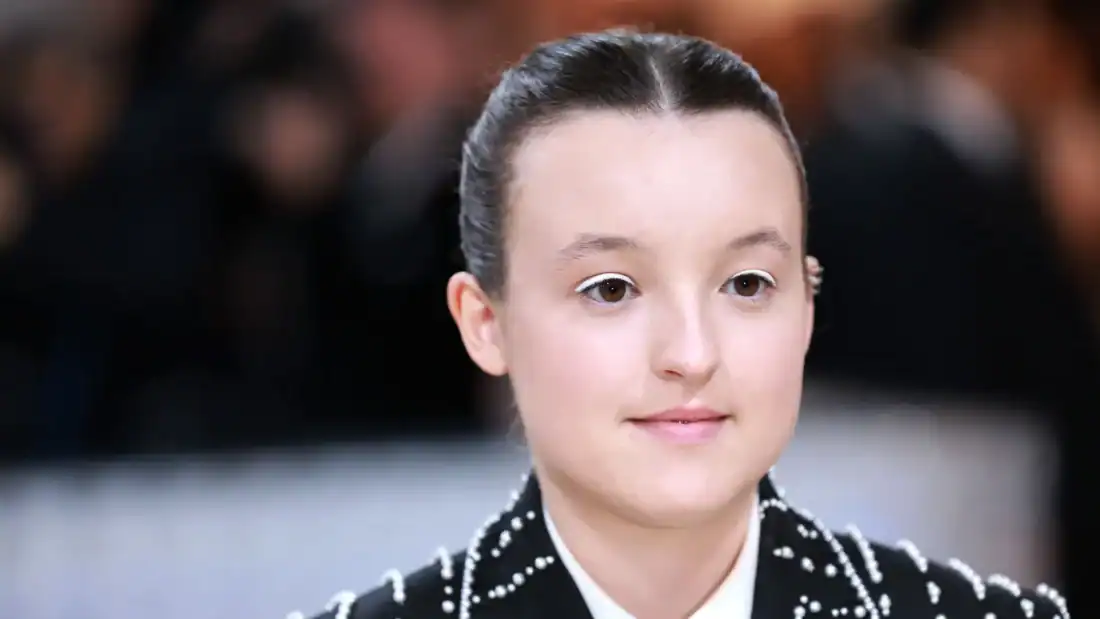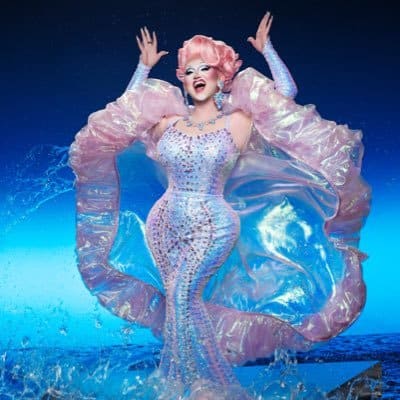Pride in All Forms: Celebrating LGBTQ+ and Neurodivergent Voices
In celebration of Pride Month and Neurodiversity Pride Week, we’re spotlighting bold voices who are changing the narrative around what it means to be part of the LGBTQ+ and neurodiverse community in the public eye. These artists, performers, and storytellers are not only sharing their immense talent with the world—they’re also speaking openly about living as neurodivergent individuals. Their vulnerability and visibility help create a culture where young neurodivergent people feel seen, heard, and celebrated.
Bella Ramsey, the nonbinary star of The Last of Us and Game of Thrones, has spoken openly about being autistic. In their first interview discussing their diagnosis, they told British Vogue:

“The label of being autistic has been so helpful to me because that’s helped me to understand myself, but gender and sexuality-wise, labels do not feel comfy for me in any capacity, because I feel like I’m putting myself into a box. I feel trapped.”
Image: Theo Wargo/Getty Images
Their honesty about the nuance of identity—embracing a neurodivergent label while rejecting restrictive gender and sexuality labels—offers powerful validation to young people exploring their own complex, layered experiences.
Janelle Monáe, award-winning musician and actress, has opened up about living with OCD and how it’s shaped both her creativity and self-awareness.
Bradley Riches, a gay and autistic actor in Heartstopper, continues to use his platform to advocate for LGBTQ+ and neurodivergent visibility.
Reneé Rapp, queer singer and actress, shared her experience with ADHD, saying in an interview with Official Charts, “I didn’t know I had ADHD as a kid, I just thought I was really dramatic! I am, but that’s a separate thing.” Her humor and openness resonate with so many young people still trying to name their own experiences.
Wentworth Miller, best known for his role on Prison Break, has spoken about being autistic and the relief and clarity that came with his diagnosis in adulthood.
Cara Delevingne, a queer model and actress, has also shared her ADHD diagnosis, highlighting the importance of mental health support in creative industries.
Michelle Rodriguez, the dynamic star of Fast & Furious, identifies as bisexual and has been open about her experiences living with ADHD.
Hormona Lisa, an autistic star from Drag Race, revealed her diagnosis on Reddit.

“I received my diagnosis nearly 7 years ago, and it really helped explain a lot of my life experiences, like never quite fitting in, no matter how much I wanted to, or people not quite understanding me. It can be frustrating at times, especially when I feel like I’m expressing something one way, but others don’t see it the same way. Still, it’s a part of who I am, and I wouldn’t change it!”
Image: (@harmona_lisa_)/X
Hormona continues to push the boundaries in the world of drag while breaking stereotypes about what neurodivergent performers can do.
These individuals remind us that neurodivergent people belong everywhere—on screen, on stage, in the recording studio, and beyond. Their stories affirm the power of representation and the importance of embracing every part of who we are.
This Pride Month—and every month—let’s celebrate the brilliance and diversity of LGBTQ+ and neurodivergent individuals.
